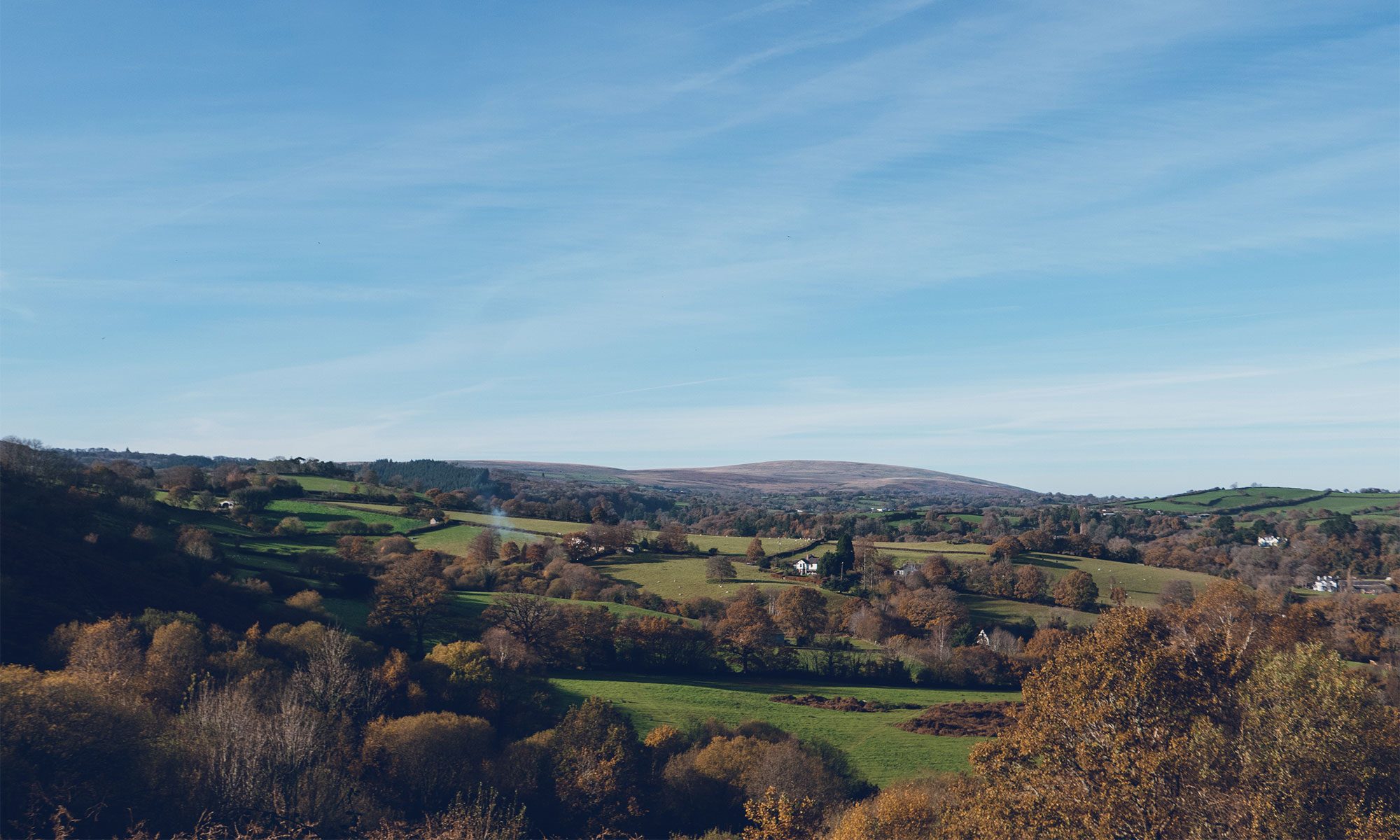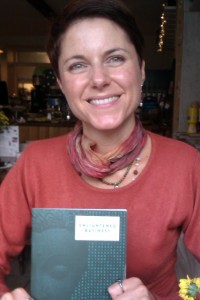 Many thanks to Mark Hunt for this post. Mark had recently finished his first training weekend with Wise Goose where we’d been looking at questions in coaching when he had real life opportunity to put the theory into practice!
Many thanks to Mark Hunt for this post. Mark had recently finished his first training weekend with Wise Goose where we’d been looking at questions in coaching when he had real life opportunity to put the theory into practice!
Recently, after a visit to Wise Goose, I was travelling back to Exeter along narrow Dartmoor roads. I had an important meeting to get to and had allowed myself a whisker’s breadth of contingency to get there on time. It was mid afternoon and the roads would be quiet. What could possibly go wrong?
All was well until I tried to join the main road. In front of the junction was an enormous articulated lorry and in both directions cars as far as the eye could see. It was clear that the lorry was blocking the road, and my first thought questioned what the driver was thinking of bringing that great metal behemoth down these skinny lanes. And then – I realised it was an agricultural lorry and – tail between my legs – wondered who had more right to be there. Continue reading “Questionable Intentions – Intentional Questions “





![questions[1]](https://wisegoose.co.uk/wp-content/uploads/questions1-150x150.jpg)

![howmayi_ignore[1]](https://wisegoose.co.uk/wp-content/uploads/howmayi_ignore1-150x150.jpg)
 Management is out of fashion, not many people want to be called a manager, they might want their title to be leader, or entrepreneur, or even coach – but manager?
Management is out of fashion, not many people want to be called a manager, they might want their title to be leader, or entrepreneur, or even coach – but manager?
 Last week I shared this photo on Facebook of Joolz Lewis. We first met earlier this year through Plymouth University’s ‘Futures’.
Last week I shared this photo on Facebook of Joolz Lewis. We first met earlier this year through Plymouth University’s ‘Futures’.